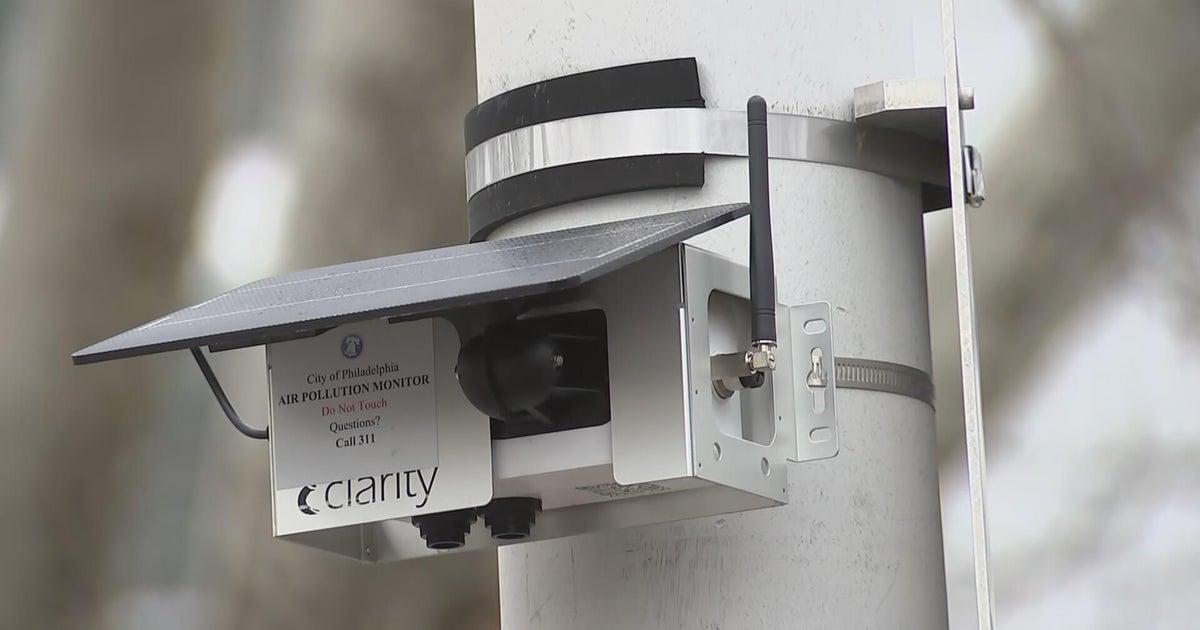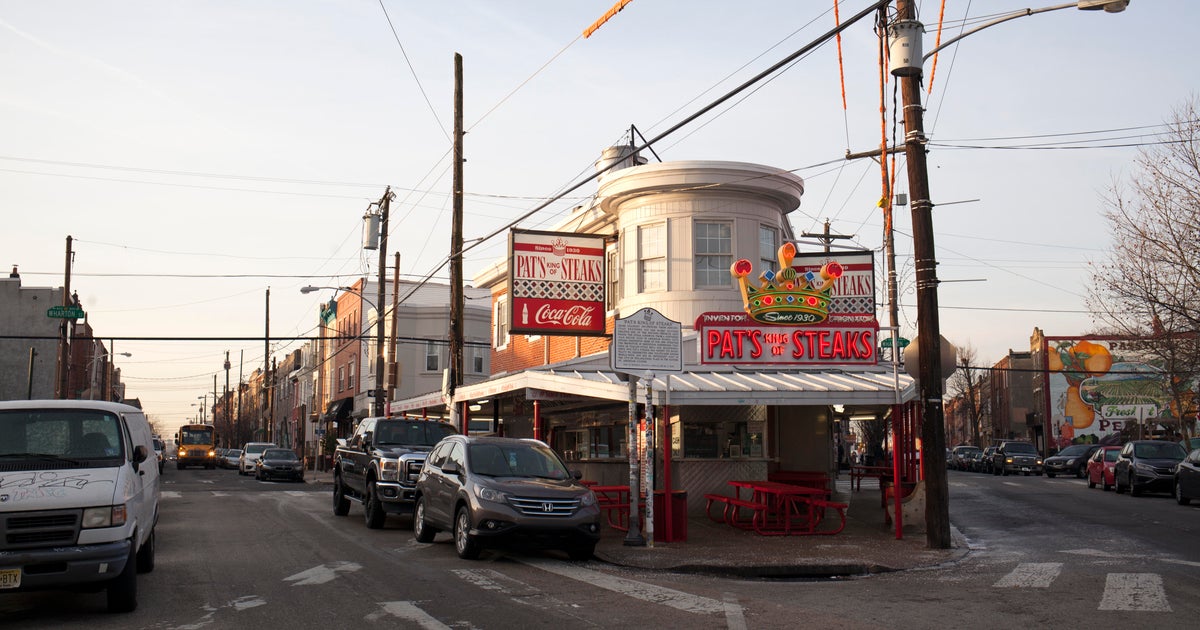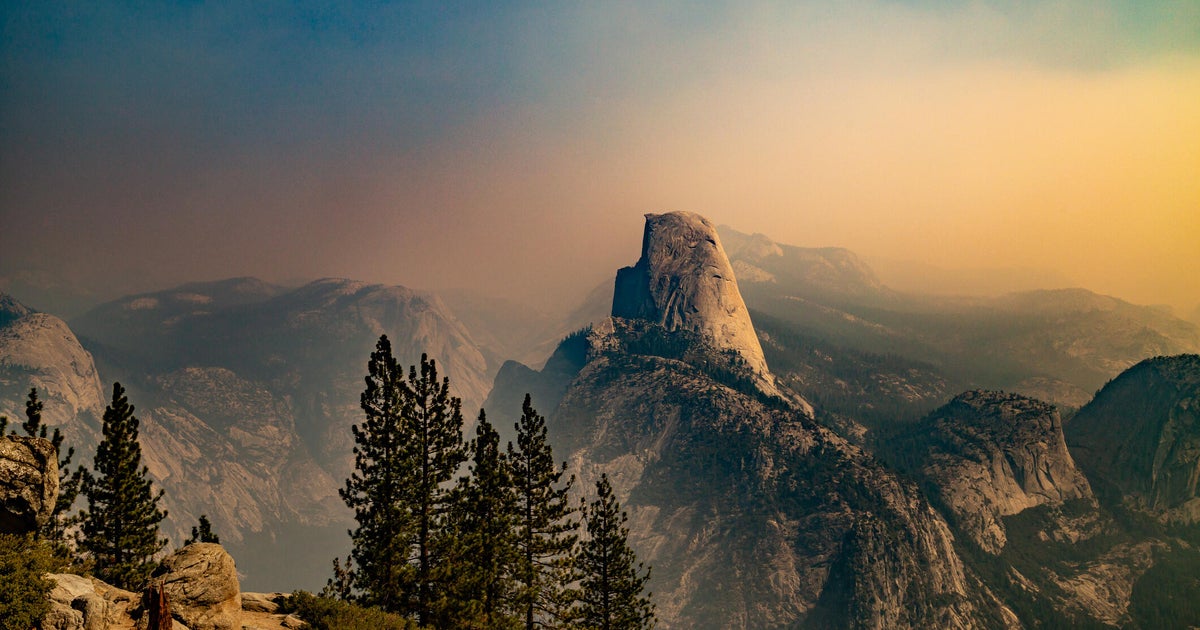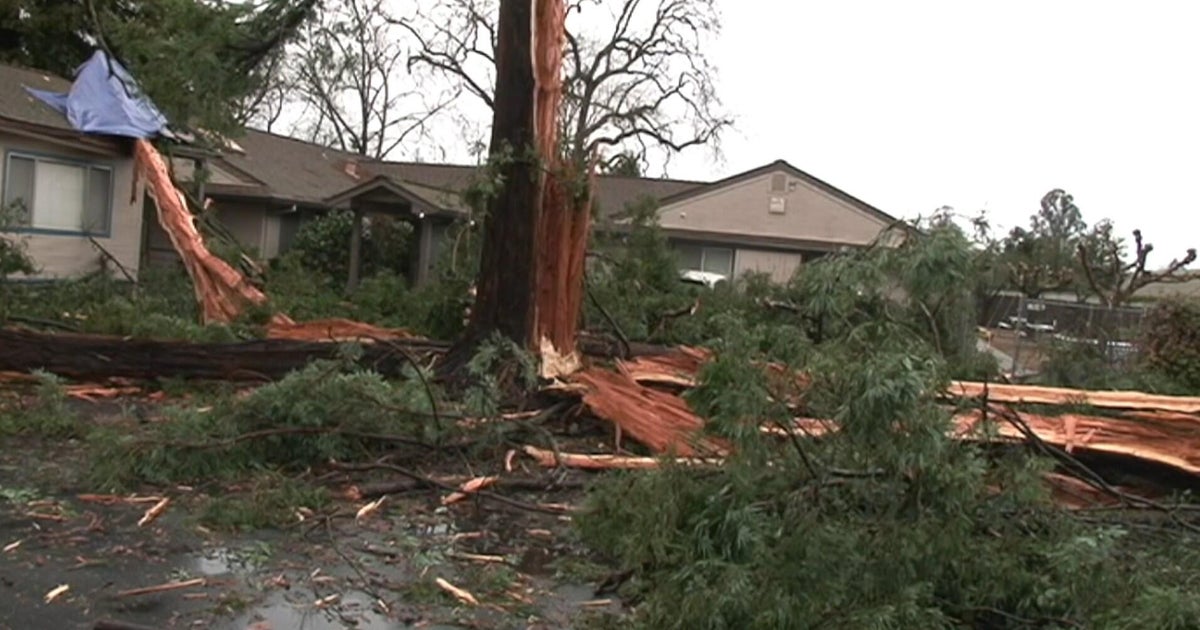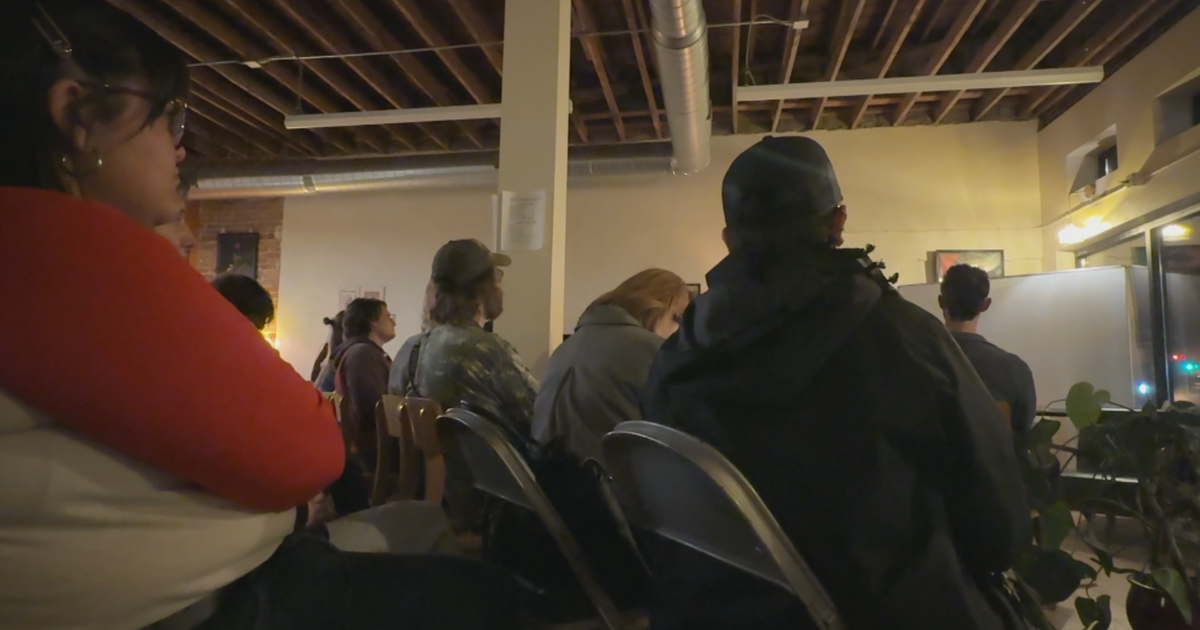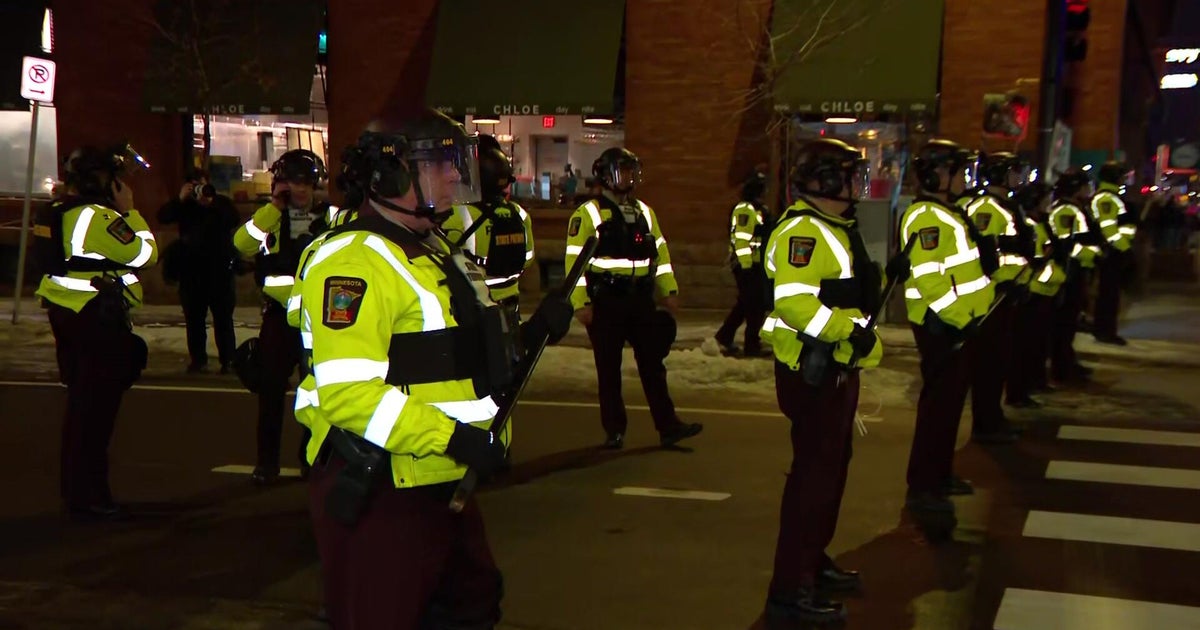Good Question: What Shouldn't You Do On A Free Wi-Fi System?
MINNEAPOLIS (WCCO) -- It's become an expectation: Wi-Fi at the coffee shop; Wi-Fi at the airport.
Minneapolis/St. Paul international Airport now provides, free public Wi-Fi. But when it comes to public wireless Internet connections, what should you not do?
"I'm going to use this at the airport," said Jake DeWoskin, a computer security expert at KDV Technology and Consulting in Bloomington.
DeWoskin said he doesn't want to be afraid to use public Wi-Fi, but he encourages caution when visiting sensitive websites or using sensitive passwords.
"I equate it to being in a neighborhood you're not familiar with," he said.
His biggest piece of advice: "On any public network, avoid any financial transactions," he said.
That means more than just avoiding your bank's site, he said.
"Do not use usernames or passwords for systems that could compromise your identity. Certainly banking, online investments, trading," he said.
He said he would never type in his bank account number, or his credit card number.
"Some people are looking to accomplish a hack," he said. "Some are looking to steal banking information, usernames and passwords."
Different free public Wi-Fi networks have different security set-ups, he said. Large systems like the new one at the airport uses a splash page where you have to accept terms and conditions. Other systems require a password.
"It is good, may be an annoyance, but it's an indication...it's secured it to the best of [their] ability, and they're laying out conditions," he said.
If there's no welcome screen and no password, the public Wi-Fi hotspot may be using a cheap router like most of us have at home. That's a risk, DeWoskin said.
"A hacker or someone with the tools or knowledge can get on that wireless," he said. "If you can see them, there's a good chance you can exploit them."
DeWoskin said that people should not be afraid to log on to sites that are read-only, like CNN and WCCO. Nor to type in usernames and passwords on sites where it's low-risk, like Facebook, Twitter and Google. But he said people should think about using usernames and passwords that lead to account information.
"There is risk associated with that," he said, asking: "Are you comfortable to potentially divulge or lose that information?"
